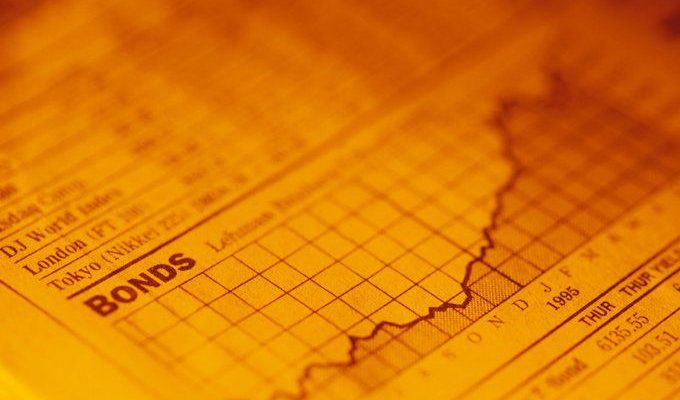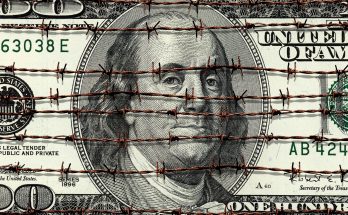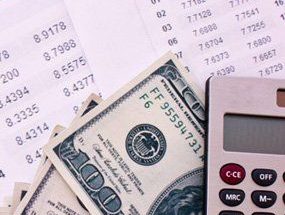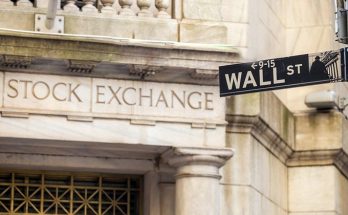How brokers are compensated for selling bonds depends on the capacity in which they are acting in the transaction. Most bond transactions are originated by a brokerage dealer, which can act as a principal if it sells bonds from its own inventory, or it can act as an agent when it buys or sells bonds on the open market on a client's behalf. The firm is compensated differently in each case.
Selling Bonds As a Principal
Many broker-dealers keep inventories of bonds that they purchased through public offerings or on the open market. Because the broker-dealers own the bonds, they can mark up the prices when they are sold, which means the bond buyer pays a price that is higher than what the firm paid to purchase the bond. Markups are a legitimate way for broker-dealers to make a profit. Clients are not privy to the broker-dealer's original transaction, so they have no way of knowing how big of a markup they are paying or even if they are paying any markup. In many instances, clients purchase bonds from a broker-dealer under the impression that there is no cost other than a small transaction fee.
The issue for clients is that they won't know how much compensation the broker-dealer received for the transaction because the firm is under no obligation to disclose that information. To the client, it may appear as though no commissions are charged because the transaction is recorded at markup price. The extent of a markup can vary widely from one firm to the next, and each broker has complete discretion as to how much it marks up or marks down a bond’s price on any transaction. However, if a client purchases a bond as a new issue, everyone pays the same price for it, because the broker-dealer's markup is included in the par value price of the bond, and there are no separate transaction costs.
Selling Bonds As an Agent
When a client wants to buy a bond that is not owned by the broker-dealer, the purchase has to take place on the open market. In this capacity, the firm acts as an agent for the client to buy the bond, for which it charges a commission. The commission can range from 1 to 5% of the market price of the bond. Commissions earned by the broker-dealer must be disclosed to the client when the transaction is confirmed.
Shop and Compare Bond Transaction Costs
Investors do have a choice when buying bonds that can be purchased from a number of different sources. The bigger brokerage firms or wirehouses generally have the largest inventories of bond issues, but it is difficult to compare transaction costs because they are not required to disclose them. You may be able to compare your purchase price for the bonds with the actual price paid by the firm at InvestingBonds.com, which reports all information related to bond transactions on a daily basis.
You can purchase bonds on the open market through any securities firm, including discount brokerages, such as Charles Schwab, and online brokerages such as E*Trade. Depending on the particular bond issue, many of the discount and online brokerages may charge a flat fee for the transaction. Because they are acting as an agent for the transaction, they are required to disclose all fees or commissions prior to the transaction.
There is always a transaction cost when you invest in bonds. Before you invest in a bond, do your homework and ask questions of your broker to determine if the costs that he is charging you are reasonable and fair.
This article is from https://www.investopedia.com/, if there is any copyright issue, please contact the webmaster to delete it.









